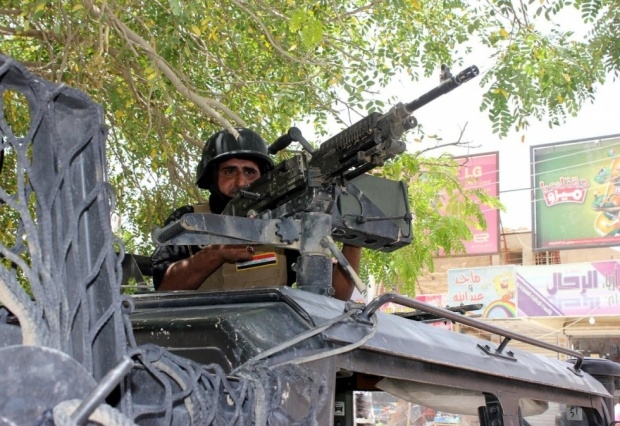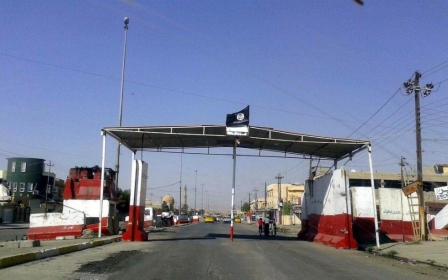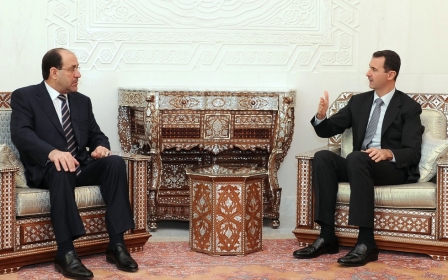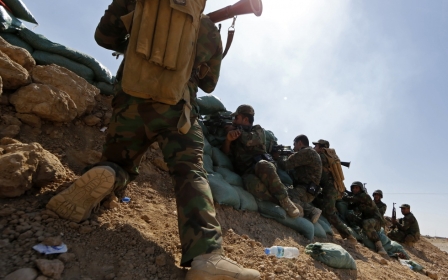Iraq army, Shiite militias 'extrajudicially executed' Sunni detainees

Evidence is emerging of reprisal killings of 50 Sunni detainees in the custody of Iraqi forces and Shiite militias as retaliation for militant takeover of parts of Iraq in the last three weeks, said Amnesty International.
Survivors and relatives of the victims said that the detainees were "extrajudicially executed" in the Tal Afar, Mosul and Baquba.
Donatella Rovera, Amnesty International’s senior crisis response adviser, who is currently in northern Iraq, said "Reports of multiple incidents where Sunni detainees have been killed in cold blood while in the custody of Iraqi forces are deeply alarming. The killings suggest a worrying pattern of reprisal attacks against Sunnis in retaliation for ISIS gains."
Amnesty reported that, "Surviving detainees and relatives of those killed gave graphic accounts that suggest Iraqi forces had carried out a series of vengeful attacks against Sunni detainees before withdrawing from Tal Afar and Mosul in northern Iraq."
"Even in the midst of war there are rules that must never be transgressed. Killing prisoners is a war crime. The government must immediately order an impartial and independent investigation into the killings, and ensure that those responsible are brought to justice," Rovera urged.
"Those among the warring parties in Iraq who are committing war crimes should know that the impunity they currently enjoy won’t last forever and that they may one day be held accountable for their crimes."
Amnesty says it is currently investigating reports that convicted prisoners in Mosul's Badoush Prison in have been killed by ISIL.
Like Shiite militias and Iraqi forces, ISIL too is accused of committing crimes against civilians.
Sistani urges unity in government formation
Meanwhile, Iraq's top Shiite cleric on Friday urged the country's fractious political leaders to unite and form a government to help see off advances by Sunni militants.
Grand Ayatollah Ali al-Sistani, who is revered within the Shiite majority and whose stature dwarfs that of any politician, also insisted that divisions were not an option, with militants holding parts of five provinces and Kurdish authorities exerting greater control over areas adjacent to their autonomous region.
"What is requested from political blocs is to agree on the three presidencies during the days allotted... in accordance with the constitutional timeline," Sistani's spokesman Abdul Mehdi Karbalai said during a Friday prayer sermon in the Shiite shrine city of Karbala.
"That is the beginning of the political solution that everyone is looking for," he said speaking on behalf of Sistani.
He was referring to the president of the republic, the prime minister and the speaker of parliament, posts which in past governments have been agreed as part of an encompassing package deal.
"No one should think of division as a solution to the current crisis," said Karbalai.
"The solution that preserves the unity of Iraq and the rights of all its components according to the constitution is already there, and can be agreed on if the intentions are good from all sides."
Middle East Eye propose une couverture et une analyse indépendantes et incomparables du Moyen-Orient, de l’Afrique du Nord et d’autres régions du monde. Pour en savoir plus sur la reprise de ce contenu et les frais qui s’appliquent, veuillez remplir ce formulaire [en anglais]. Pour en savoir plus sur MEE, cliquez ici [en anglais].




